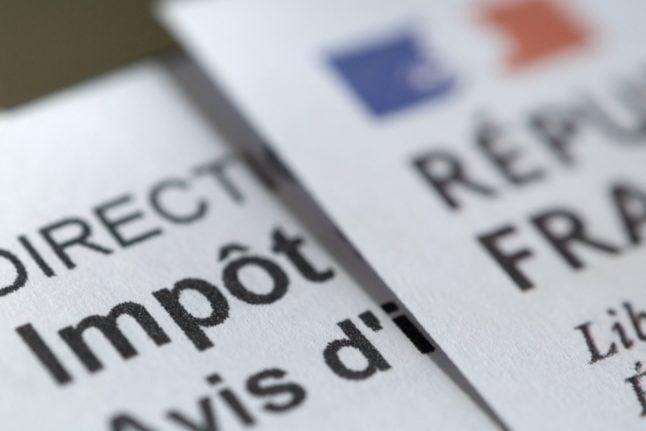The tax exemption will come into effect “in the coming months”, Macron announced on Monday while visiting the Salon international de la restauration, de l’hôtellerie et de l’alimentation in Lyon.
“The idea is that in a restaurant you can leave a tip with a bank card, rounded up or more, because we’ve seen coming out of the crisis that people are using less and less cash.”
He added that businesses would not need to pay insurance contributions on tips, and employees would not be taxed, thus boosting their spending power.
Soutenir nos restaurateurs, c’est encourager le passage au pourboire par carte, c’est aussi exonérer d’impôt sur le revenu et de cotisations tous les pourboires en 2022. Je m’y engage. Nous allons le faire. pic.twitter.com/DA4AbHiSnk
— Emmanuel Macron (@EmmanuelMacron) September 27, 2021
Macron said the measure was partly a response to complaints from business owners in the hospitality industry that they are unable to find sufficient numbers of staff to fill gaps.
“It’s also what’s going to allow you to attract more people – both young and old – by telling them, you can earn a lot more than the salary and bonuses I’m paying you,” he said.
In June, the President called on job seekers to look towards the restaurant industry, where he said there were 110,000 jobs available which needed filling.
READ ALSO How much should you tip the waiter or waitress in France?
The policy was proposed last week by MP Jean-Noël Barrot from the centrist Modem party. He told Les Echos the measure would make the trade more attractive “at a moment when the restaurant industry is restarting but businesses are running into serious difficulties recruiting, which could restrict the economic recovery”.
Geoffroy Roux de Bézieux, president of employers federation Medef, welcomed the announcement. “With the disappearance of cash, there are fewer and fewer tips,” he told franceinfo earlier this year.
“It’s excellent news, because tips are part of the attractivity of our trade,” Didier Chenet, president of the GNI union representing independent hospitality businesses, told AFP. “But now everyone pays by card or using apps, very often they don’t have any change to add €3 or €5 for the service.”
READ ALSO Terraces to tipping: The etiquette for visiting a French café
Until now, tips paid by card were automatically declared, and therefore taxed, while most waiters do not declare cash tips.
Many visitors to France are surprised to learn that tipping is not considered to be a requirement, since restaurants and cafés already add a 15 percent service charge to the bill, but it is common to leave whatever change is left over when paying by cash.



 Please whitelist us to continue reading.
Please whitelist us to continue reading.
Member comments